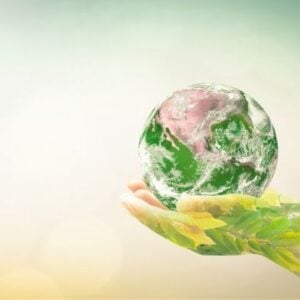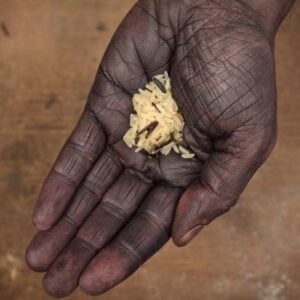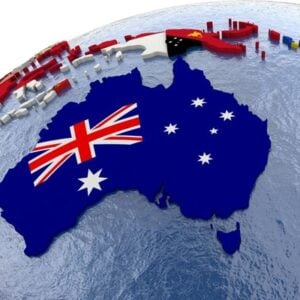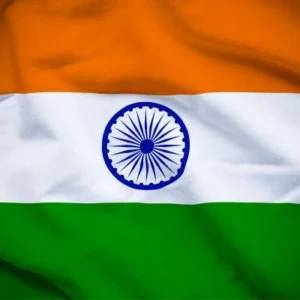India has registered an astonishing decline in extreme poverty, with new World Bank data showing millions lifted above the poverty line. This achievement stands out globally, especially as stricter poverty benchmarks have pushed numbers higher elsewhere, highlighting India’s role in reshaping international poverty statistics.
Key Takeaways
- Extreme poverty in India fell from 27.1% (344 million) in 2011-12 to 5.3% (75 million) in 2022-23.
- India’s updated survey methods produced more accurate, higher household consumption data.
- The new global poverty line was raised to $3 per day, increasing poverty worldwide, but India’s improvements offset much of the rise.
- Policy reforms and welfare programs have been critical contributors to these gains.
A Sharp Decline Defying Global Trends
When the World Bank elevated the International Poverty Line from $2.15 to $3 per day, experts anticipated an increase of about 226 million people counted as living in extreme poverty worldwide. However, India’s new statistics shattered expectations. With more up-to-date and precise data, India alone reduced the global poverty count by 125 million, preventing what could have been a steeper rise.
How Revised Data and Methods Made the Difference
Central to India’s statistical leap was an overhaul in data collection. The switch to the Modified Mixed Recall Period (MMRP) method provided a clearer and more representative picture of household spending, increasing the measured consumption among Indian households. This adjustment led to revised, lower poverty estimates, as previous surveys may have underestimated real spending and, by extension, overestimated poverty.
Policy Interventions Drive Real-World Gains
Apart from better data, real progress has been achieved on the ground. Ambitious government welfare programs targeting affordable housing, financial inclusion, clean cooking fuel, and healthcare—coupled with improved benefit delivery systems—have transformed livelihoods. States with historically high poverty rates, like Uttar Pradesh, Bihar, West Bengal, Maharashtra, and Madhya Pradesh, accounted for a significant share of the poverty reduction.
India’s Global Impact and the Lesson of Measurement
With India’s new data influencing global figures, the World Bank revised the global extreme poverty rate for 2022 upward, but India’s gains softened this blow, setting a powerful example. The country’s experience demonstrates the importance of regularly updating data and employing rigorous methods to guide policies and track genuine progress.
Beyond the Headlines: The Path Forward
While India’s achievement is remarkable, a significant share of its population still lives below other, higher thresholds (such as $4.20 per day for lower middle-income countries). Narrowing spending inequalities, sustaining growth, and refining welfare delivery remain on the agenda. What stands clear is that accurate measurement and targeted interventions are vital for understanding and combating poverty effectively.
Further Reading
- Did India just cut global poverty?, Finshots.
- 270 million Indians out of extreme poverty list: World Bank, The Economic Times.
- Extreme poverty in India sees sharp decline! Number dips from 344.47 million to 75.24 million; poverty rate
down to 5.3%, says World Bank, The Times of India. - India defies global poverty trends amid World Bank’s revised estimates, Tribune India.







